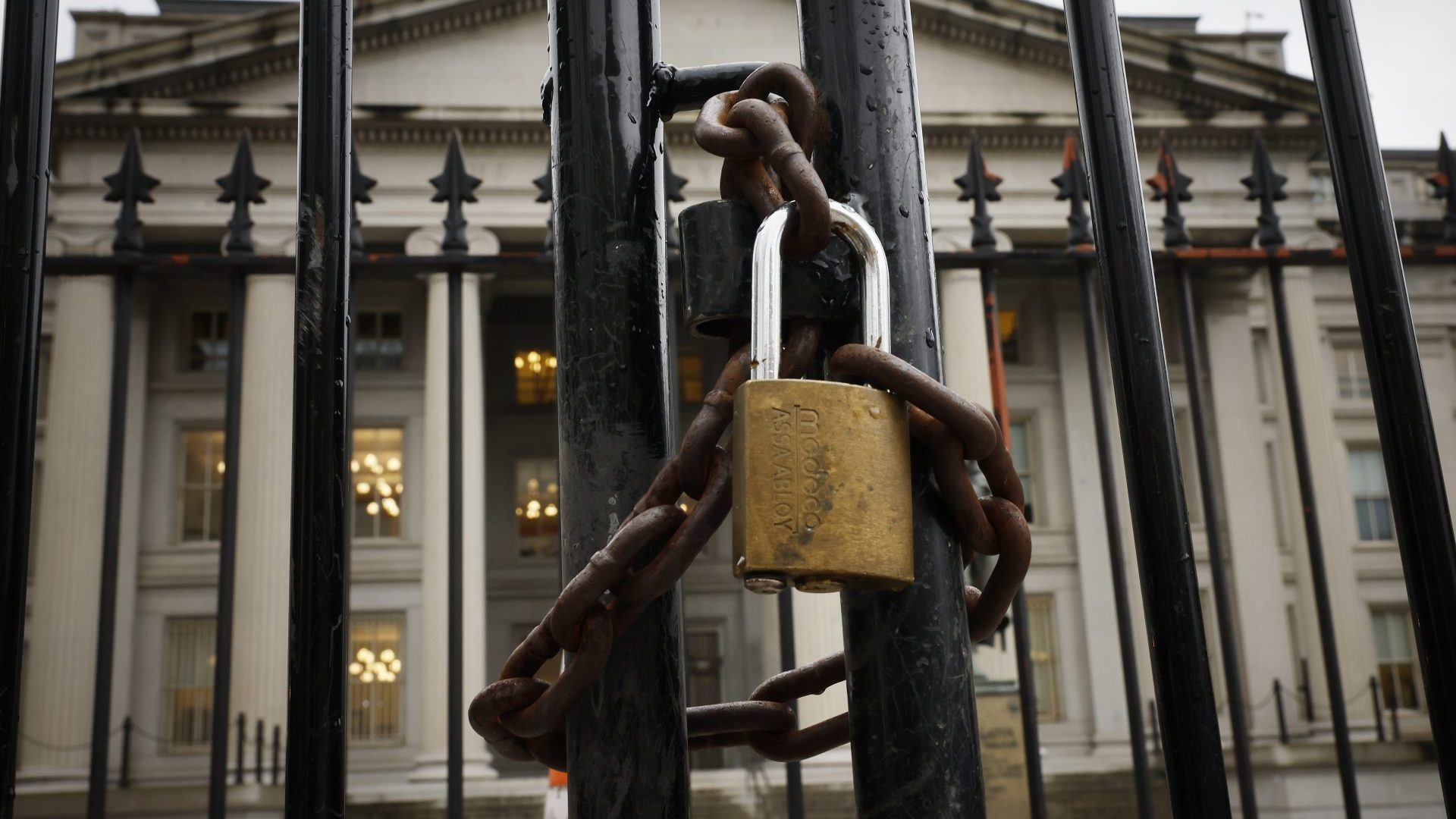If an individual is a confidence trickster, they can confidently expect to face punishment by the law at some stage or other. What we tend not to reflect on is that it is confidence that keeps the world turning.
Nowhere is that clearer than with the fallout from the collapse of Silicon Valley Bank, or SVB, as it’s known among the acronym-loving denizens of California’s tech scene. Last week, it emerged that the bank had made a series of terrible choices and that it was unable to deal with rising interest rates.
At this stage, it’s eminently possible that this was a fixable issue – if the bank could quietly raise some more money from shareholders, or explore a sale in some way, it’s arguable that it could have quite easily survived, albeit with some very serious questions to answer for its top management.
The problem was that the same people who invest in companies in Silicon Valley are the ones who bank with SVB – and there’s nothing like hearing your bank is in trouble to make you nervous about your funds. When your corporate bank balance is often in the tens of millions but only $250,000 is guaranteed, that anxiety is heightened.
At that point, you might assume the bank will be fine but be tempted to pull out your money, just in case. Congratulations! You have become part of a bank run – and as banks invest most of the money deposited with them, it only takes a relatively small fraction of panicky depositors demanding their cash to collapse the bank.
Banks have their glossy brochures and (increasingly rare) fancy branches to help them project confidence and stability. Look how solid everything is, the façade is designed to say – there’s no need to worry about this organisation. But once the collective confidence has gone, those accoutrements count for nothing
By Friday, that is what had happened to SVB – it collapsed, and the US regulators had to step in. The shareholders of the bank will be wiped out, but its depositors will be protected, even though nominally they ‘should’ not have been. This will inevitably lead to recriminations and ruminations within the US, but for this article it’s SVB’s UK subsidiary that is perhaps more interesting to consider.
SVB UK provided banking services to many UK start-ups, perhaps even thousands, despite being a relatively minor bank in the UK landscape. Despite that, it had around $7 billion in deposits, with these deposits invested in around $5 billion of assets – and it had generated a profit of more than $80 million last year.
So far as it appears, the biggest problem the UK subsidiary of SVB faced was its name: in theory it would be able to continue operating, except for the fact that it would be a rare depositor indeed who didn’t try to take their money out of SVB once trading began on Monday.
That leads to a strange and pressured weekend for the Treasury and Bank of England. On the same weekend that the BBC tried and failed (entirely) to deal with a single tweet from a single presenter, they were facing the task of sorting out a deal over a multi-billion-dollar bank.
The problem, however, remains: confidence. There are billions of dollars of assets and deposits available, from a business unit that last year generated tens of millions of profit. In usual times, that would have considerable value.
But it comes with risk: the bigger bank taking it on has to be prepared to deal with any unexpected shocks, as well as the complexities of integrating it into its own organisation. It also has to deal with the confidence problem: is the bank robust enough that it can cope with any jitters caused by taking on a “bad” bank? No risk, no reward.
As it has shaken out, the reward looks to be ridiculously big – but predictably it is not the little guy that has come out ahead. By Sunday night, before the crucial Monday open, it was announced that HSBC would buy up the UK bank for…£1. Not £1 billion, or even £1 million, but for a single, shiny pound coin.
In one sense, this is a good outcome for the public: we no longer face the prospect of British start-ups collapsing because of mistakes made by a US bank. We have provided no public money (or even guarantees) towards any kind of bailout. HSBC had only required a (presumably temporary) waiver of rules around ring-fencing retail bank customers from high-risk investment banking, with regard to its new acquisition.
In the wider sense of justice and learning, though, it certainly doesn’t feel like a win. How have we ended up 15 years on from a catastrophic, once-in-a-century financial crisis with our systems being so weak that we are left having to sell a bank within a weekend?
How is the best option to give away an asset with significant worth to a private company for £1? How were we blindsided by what now seems like a completely predictable collapse of a bank? Weren’t we supposed to have better processes now?
It is hard not to be left with the sense that we have a global economy but only local regulation – we are not set up to see the effects of decisions in other countries that have all too real effects here. When it comes to the effects of finance, or big tech, or even physical supply chains, that just doesn’t work. We need to look beyond our own borders.
As it stands, we have a global economy that relies on confidence, in which we have no real reason to have any confidence. The only difference between confidence and a confidence trick is that one is on the right side of the law, and one isn’t. If we can’t have faith in the laws, that is no difference at all.











